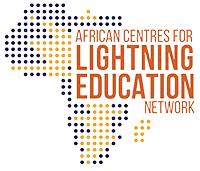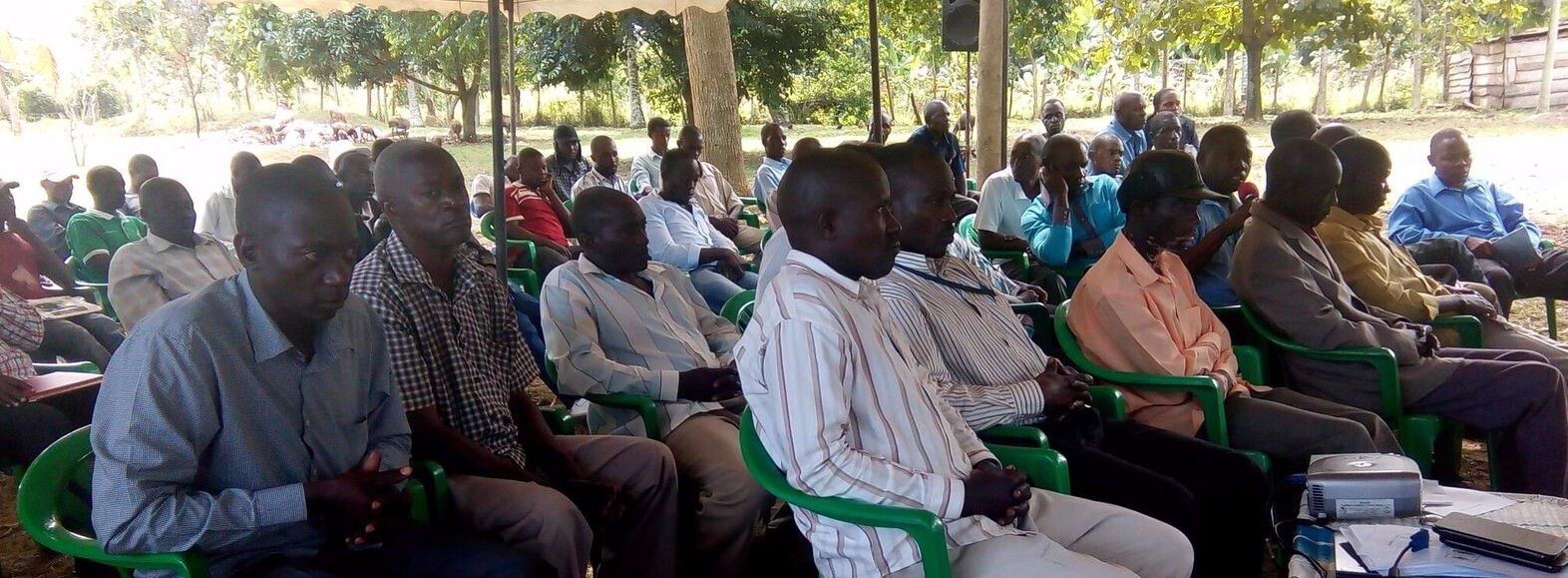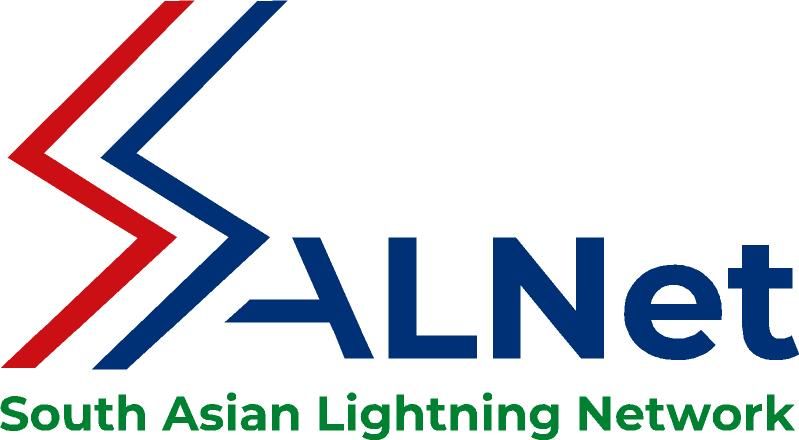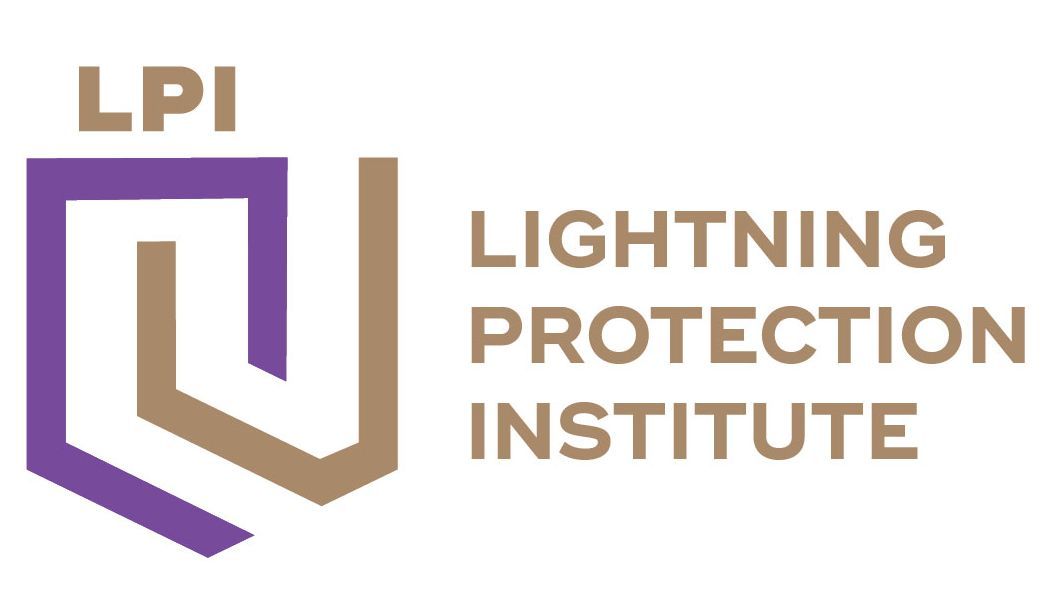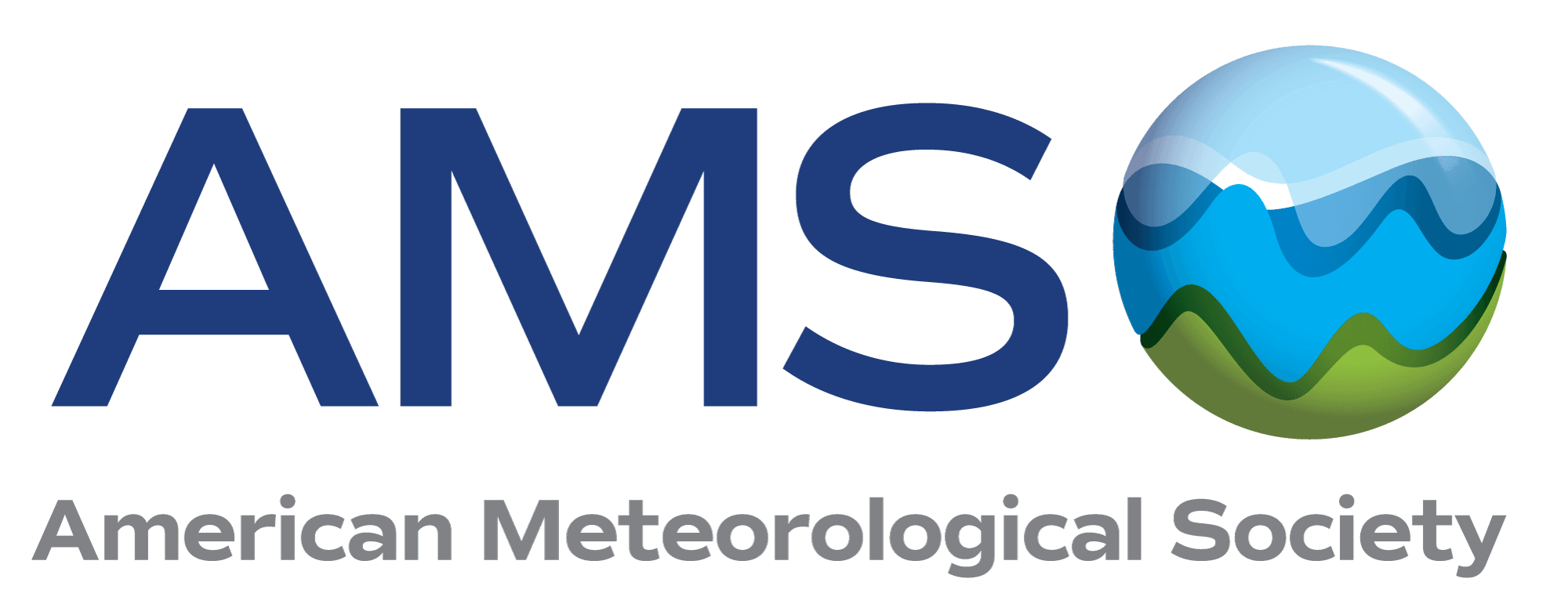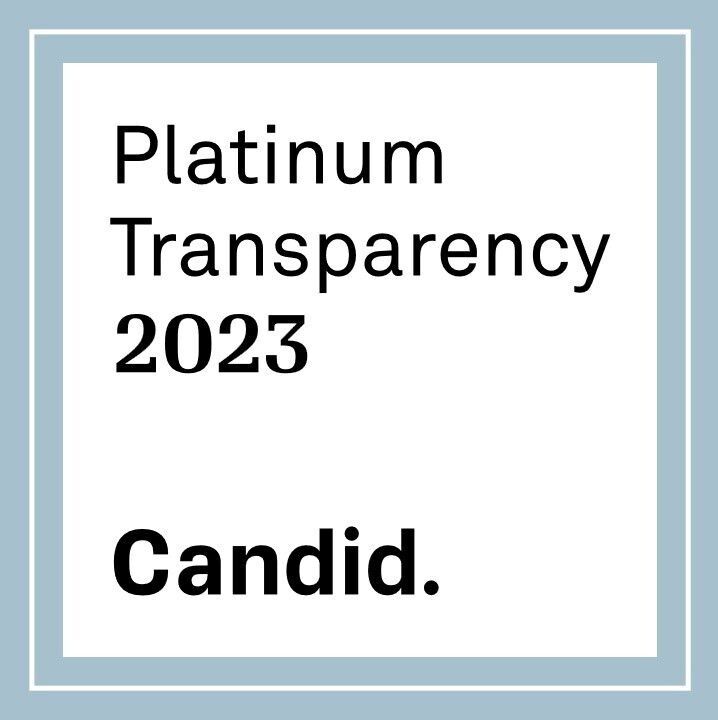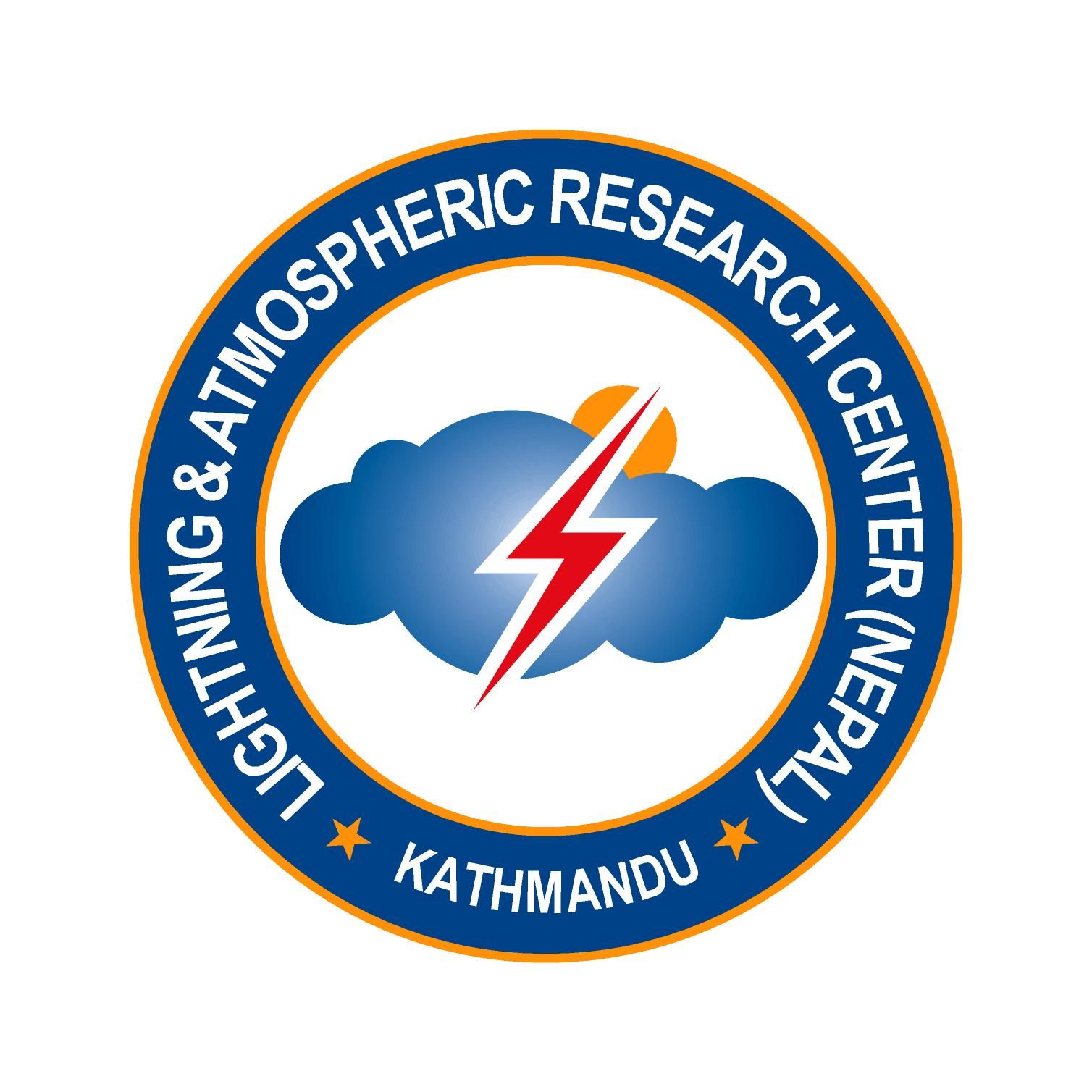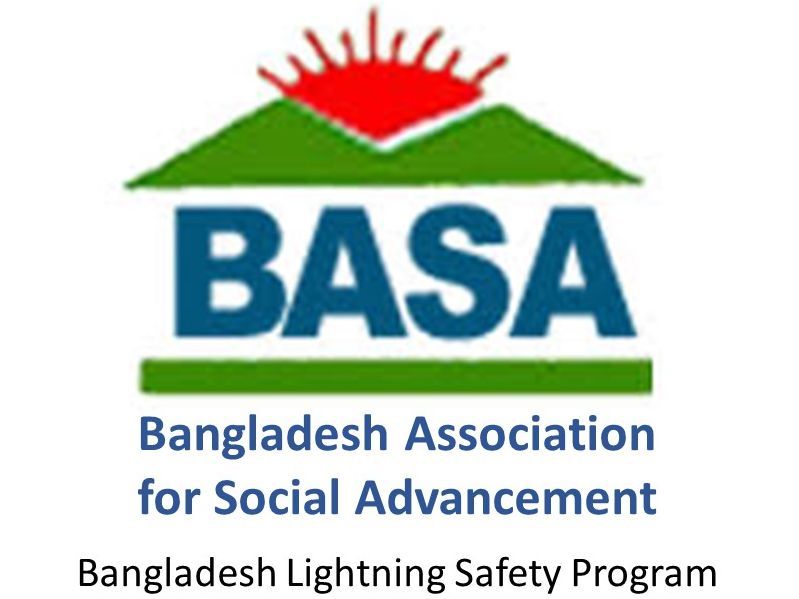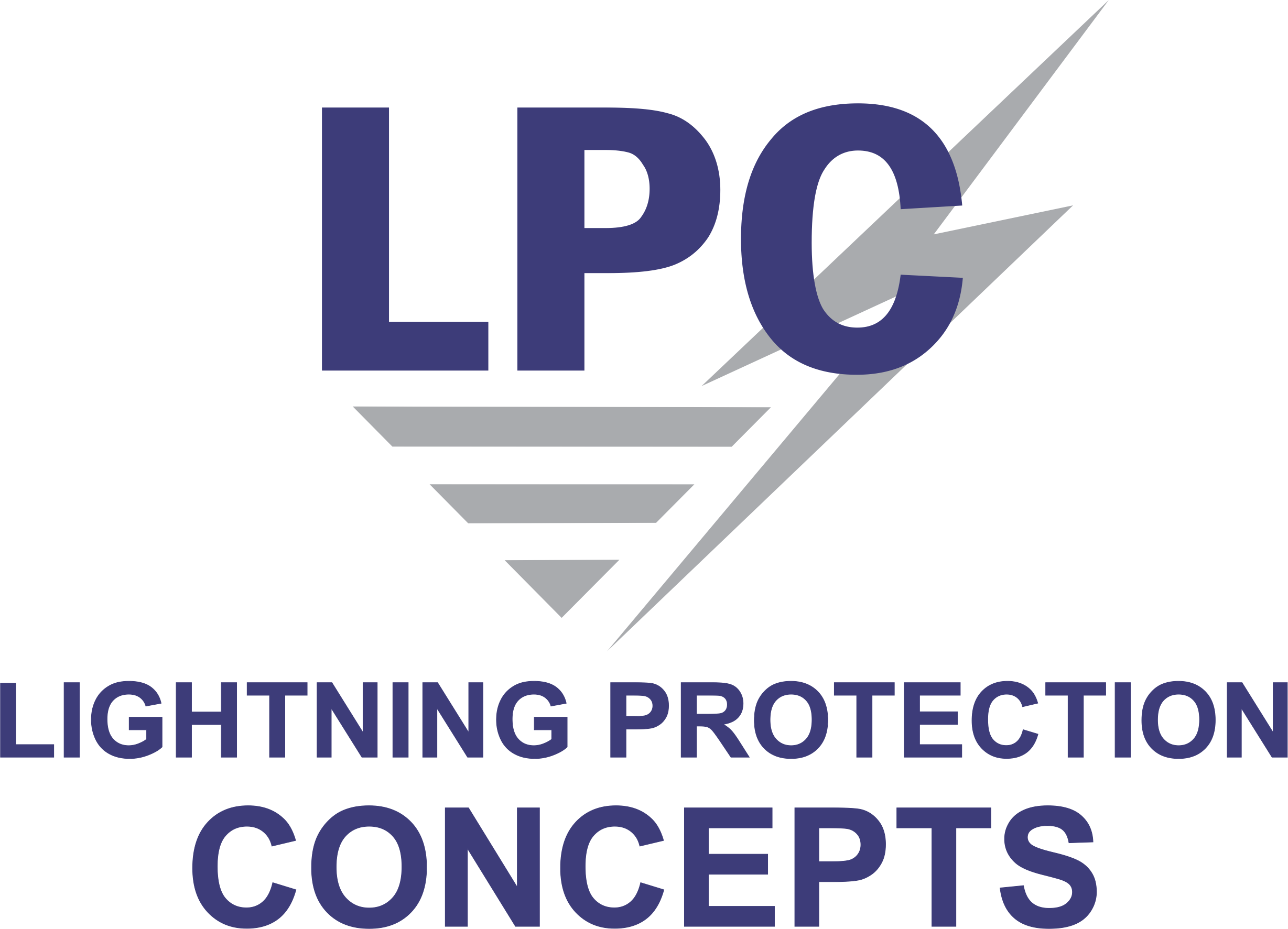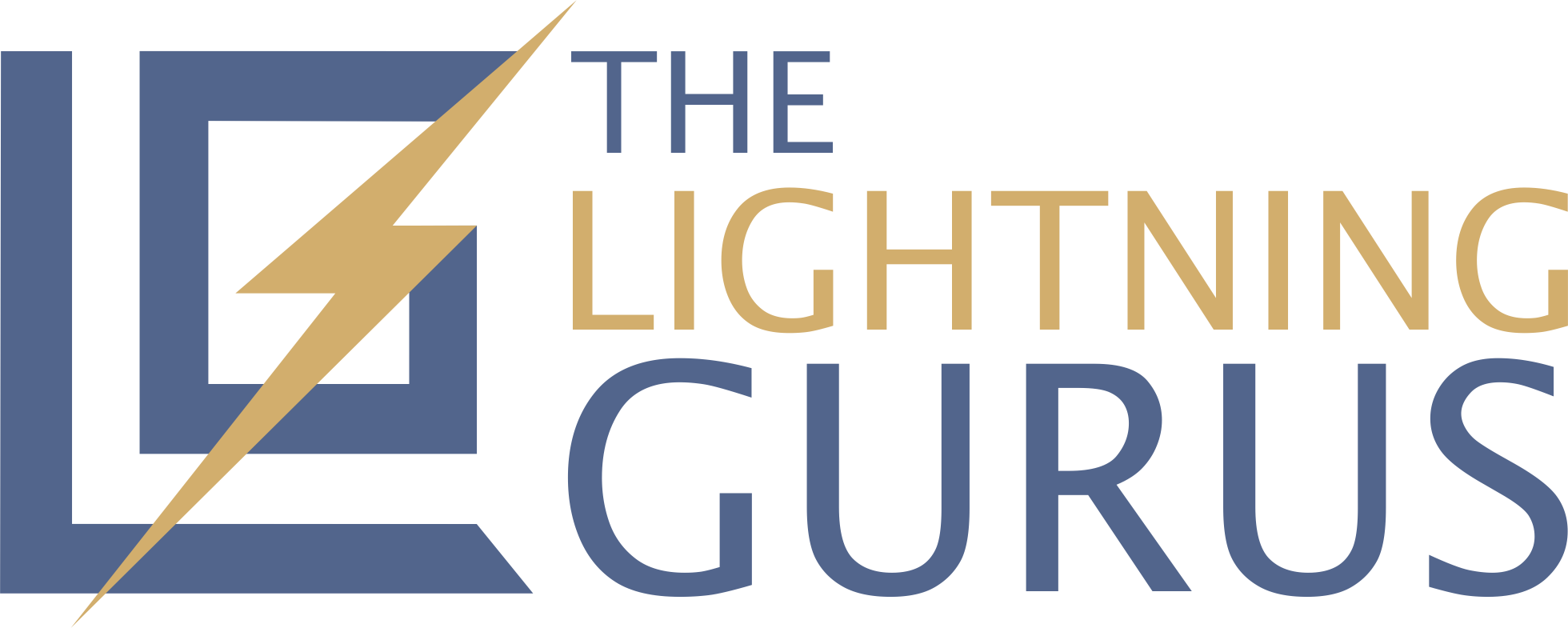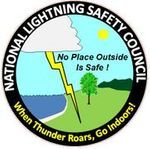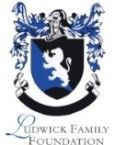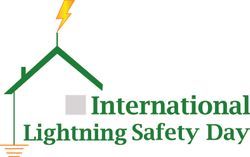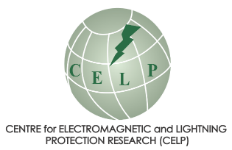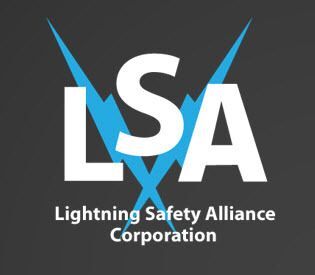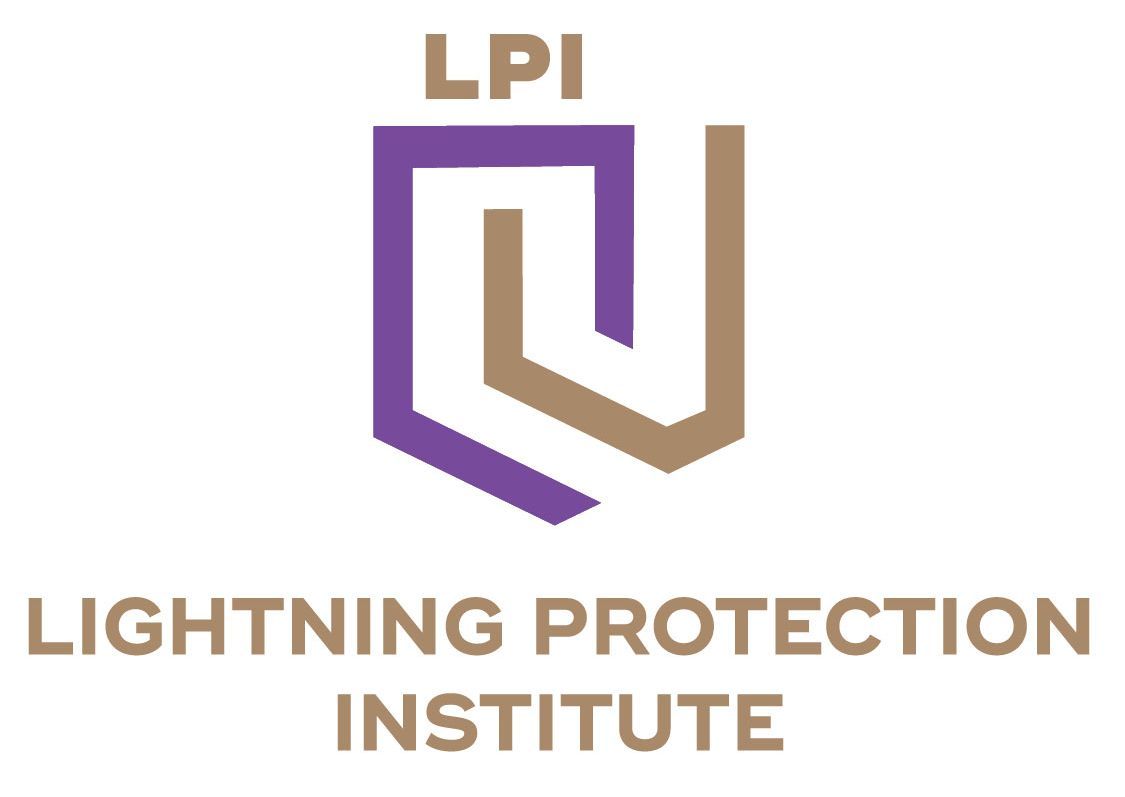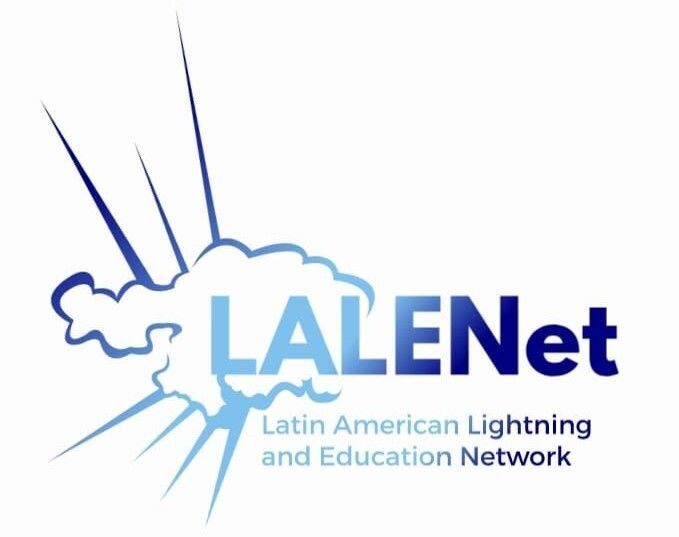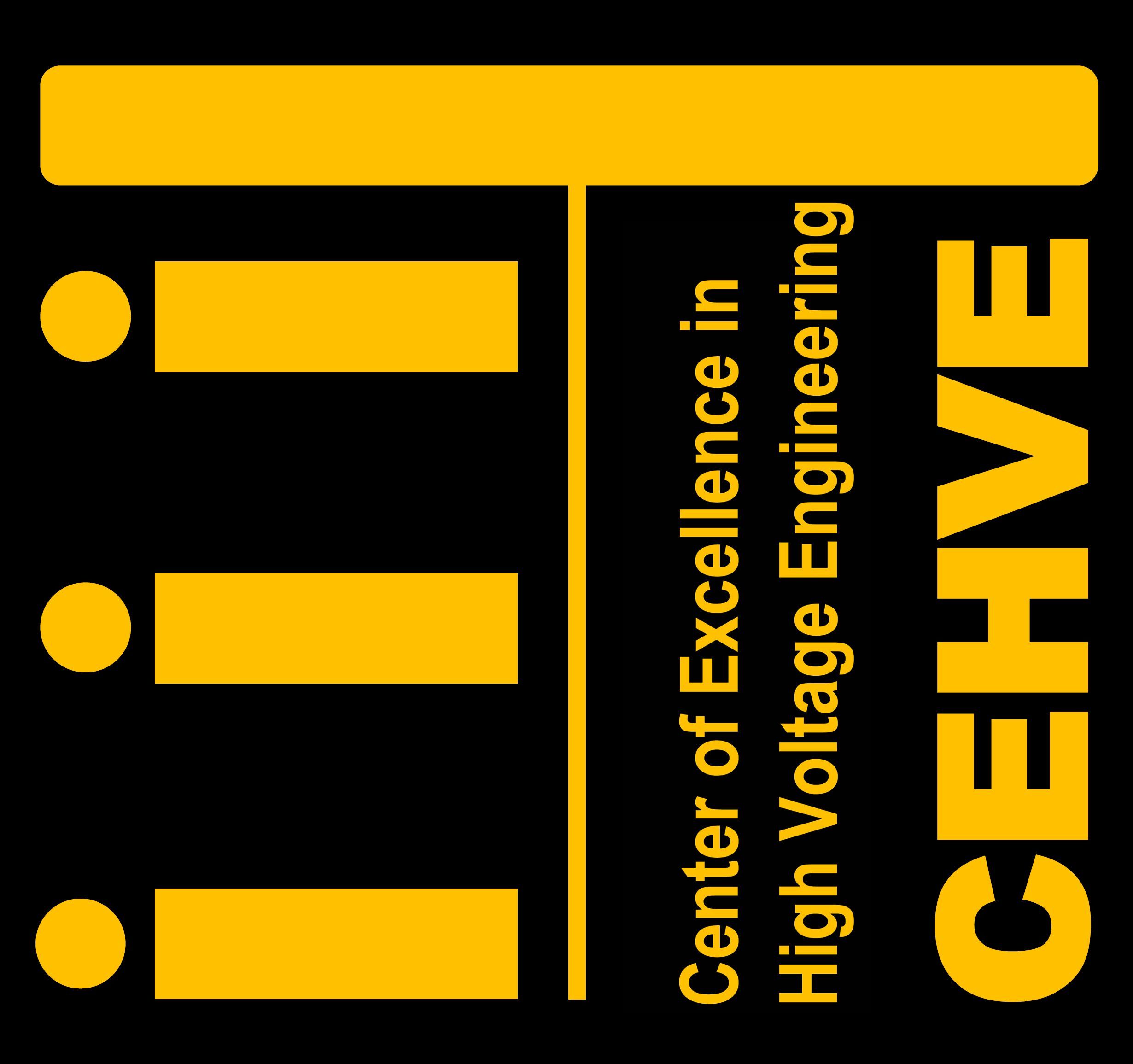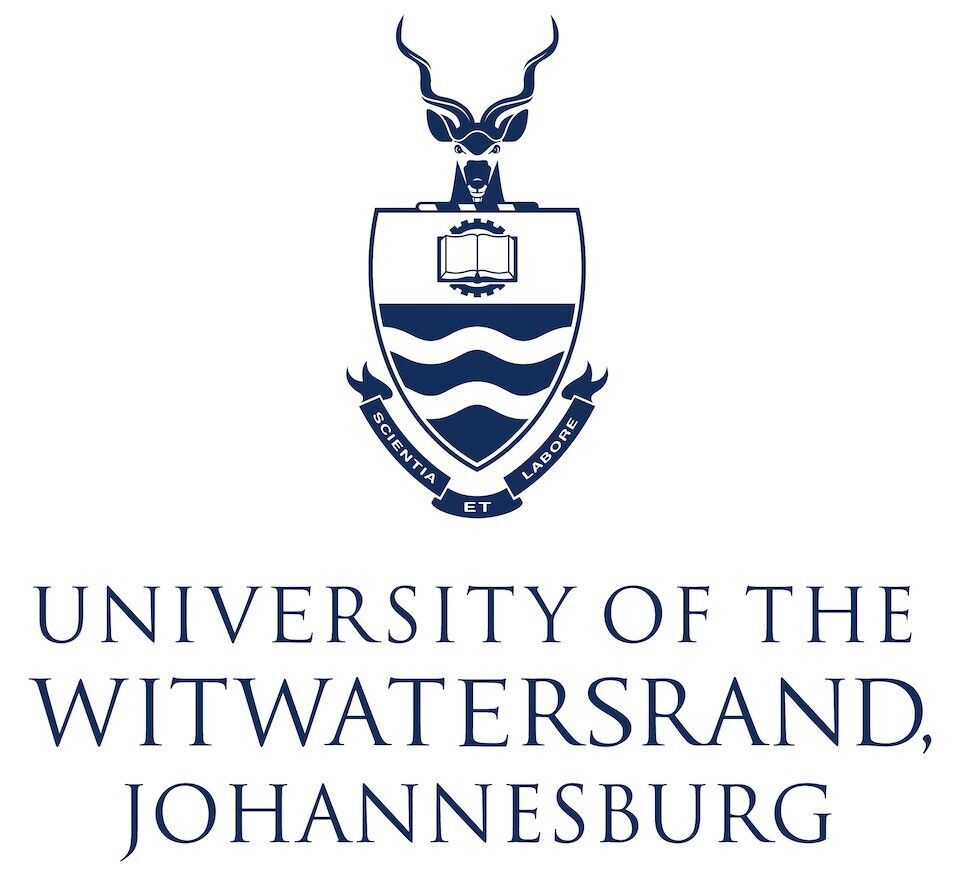Education at Many Levels
1. ACLENet does public education on lightning science, detection, and safety as well as what individuals can do to protect themselves. Encouraging and educating the media is one of many ways to spread this knowledge.
2. Education of students, teachers, parents, and local officials, not only on lightning safety, but also through science and weather clubs, so that students learn about how lightning is formed, how it injures people and damages property is essential. Parents are directly involved hands-on with Lightning Protection System (LPS) installation at their children's schools and our teachers meet with the community to answer questions and give injury prevention education. We hope to develop or incorporate phone apps to deliver better storm warnings as well as allow individuals to report lightning incidents for us to investigate and document.
The first pilot seminar on lightning was held at Shone School in the Hoima district, Uganda, on 27 November 2017.
3. ACLENet is involved with engineering schools and professional organizations, aiming to raise the level of lightning protection knowledge in Africa through basic and Continuing Professional Development courses, as well foster involvement in their communities and research in less expensive protection materials that will still be effective. Several of ACLENet's Research Advisers and Lightning Protection Working Group members serve on international lightning protection code committees. They are working in these organization to address special protection situations common in developing countries, such as thatch roofs and high risk exposure areas such as farming and shepherding, that have seldom been considered before.
ACLENet congratulates the University of Zambia (UnZa) on its new MS and PhD program in high voltage, electromagnetic compatibility, lightning studies and protection. UnZa is currently advertising for students for this program.
4. The University of Witwatersrand (UWits) in South Africa is internationally respected as a pioneer program in lightning science. Faculty serve on ACLENet's Board of Directors and are integral members of the Lightning Protection Working Group. In partnership with UWits and other lightning research programs around the world, ACLENet encourages combined training programs between African universities, where students begin work in their own country and then continue at respected research centres in other countries, where they learn research and network with students and faculty from around the world, returning to their home institution to finish their study, thesis or dissertation while developing longlasting relationships with mentors at each of their training institutions.
5. ACLENet regularly presents updates and research at international meetings, educating the international lightning community about the challenges of saving lives in Africa. UWits and ACLENet have been chosen to co-host the International Conference on Lightning Protection in 2022 (ICLP2022), one of the premier international meetings on lightning science where leaders in atmospheric physics and electrical engineering lightning research meet to share their work.
